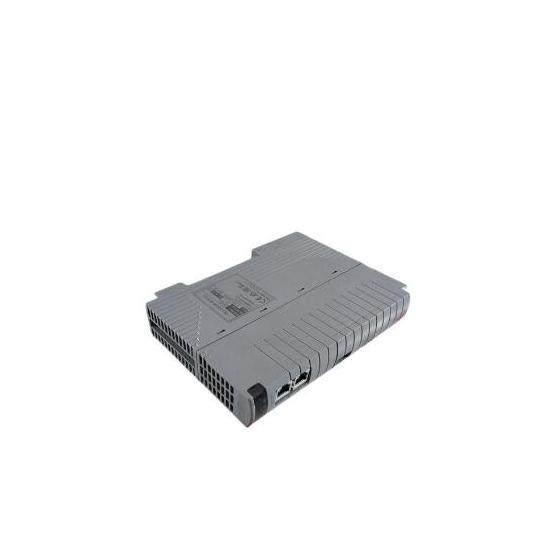The Yokogawa CP461-51 S2 Processor Module is designed to optimize industrial automation processes, offering high-performance control capabilities for enhanced system efficiency and reliability.
The Yokogawa CP461-51 S2 Processor Module is designed to optimize industrial automation processes, offering high-performance control capabilities for enhanced system efficiency and reliability.
 WhatsApp
WhatsApp
Processor Speed (MHz):24
Memory (RAM):128 KB
Flash Memory:512 KB
Operating Voltage (V):24 DC
Operating Temperature Range (°C):-25 to 70
Storage Temperature Range (°C):-40 to 85
Dimensions (mm):120 x 100 x 35
Weight (g):180
I/O Connections:16 Digital Inputs, 8 Digital Outputs
Communication Interface:RS-485, Modbus RTU
Engineered for precision and reliability, the Yokogawa CP461-51 S2 Processor Module is a critical component in the realm of industrial automation. It ensures seamless integration into complex control systems, enabling manufacturers to achieve unparalleled levels of operational efficiency.
Featuring a compact yet robust design, this processor module is meticulously crafted from high-quality materials to withstand demanding industrial environments. Its durable construction allows for prolonged use without degradation of performance, guaranteeing years of maintenance-free operation.
Designed with cutting-edge technology, the CP461-51 S2 boasts exceptional processing capabilities, offering fast response times and accurate data processing. This is complemented by its compatibility with a wide range of Yokogawa devices, facilitating seamless communication within industrial ecosystems.
Certified to international safety standards, including CE, UL, and ISO 9001, the module ensures compliance with global regulations and promotes a safer working environment. Its adherence to environmental standards guarantees minimal impact on the ecosystem, aligning with sustainable manufacturing practices.
The Yokogawa CP461-51 S2 Processor Module comes equipped with advanced diagnostic tools, enabling users to monitor system health and predict potential failures before they occur. This proactive maintenance approach significantly reduces downtime and maintenance costs, contributing to a more cost-effective and efficient production line.
